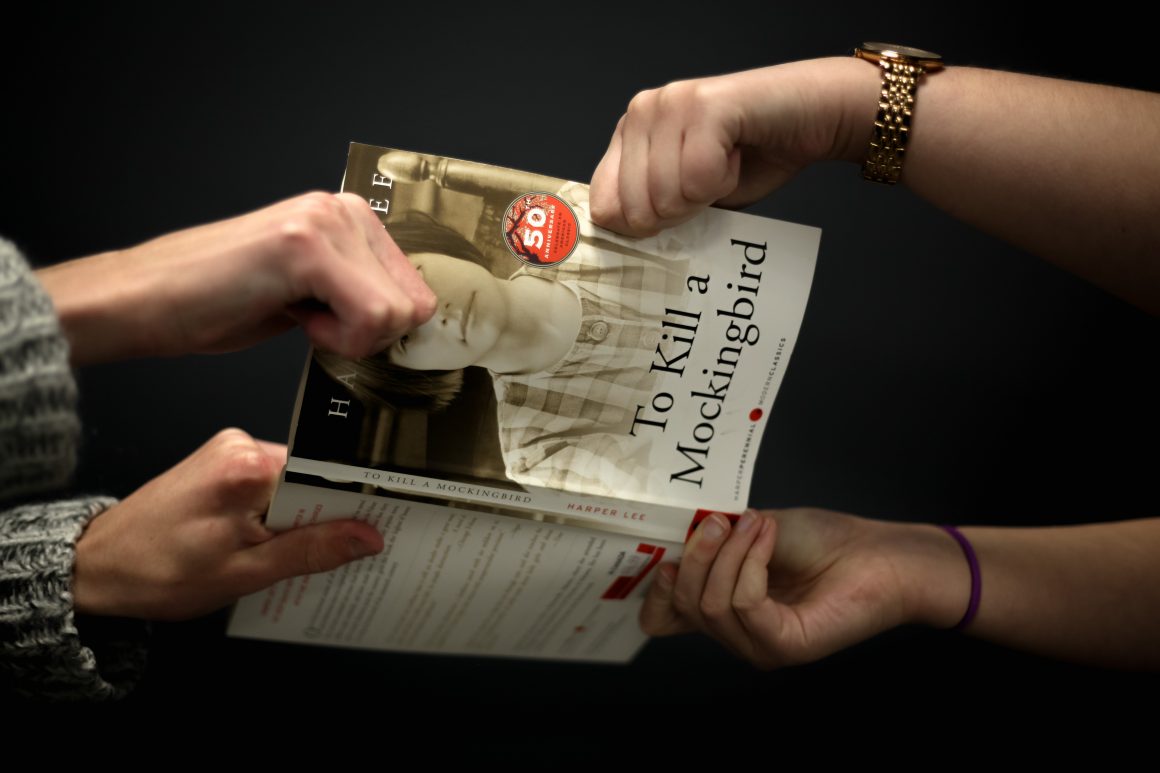
Banning books limits discussion and hinders societal progress
By Stephen Lee, November 3 2017 —
A school district in Mississippi recently banned To Kill a Mockingbird, Harper Lee’s classic book about an innocent black man wrongly accused of rape during the Great Depression. The district complained that language used in the novel makes middle-schoolers uncomfortable. Most of this controversy is over the main characters’ use of racial slurs.
It’s understandable that the language used in the book makes people uncomfortable. Language is powerful because it can evoke strong emotional responses from even the most basic prose. But the whole point of this book is to make readers uncomfortable and challenge their unconscious biases. The explicit use of racial slurs and depiction of systematic racism should be unnerving, especially for young students getting their first glimpse of these societal problems.
You’re supposed to feel uncomfortable with Lee’s use of language. That feeling of unease is crafted to evoke discussions about racism. When you limit people’s exposure to books like To Kill a Mockingbird, you also limit their conversations. If the goal of our society is to better ourselves, hiding uncomfortable truths won’t benefit anyone. Young people need to learn about social issues like racism if we want to eradicate these problems.
Another example of this censorship affected Mark Twain’s The Adventures of Huckleberry Finn, a book that’s been the victim of various censorship attempts in schools. People are so averse to feeling unnerved that they would rather bury poignant content than address the issues it presents. The only way progress occurs is through a dialogue about the problems that haunt our society. By banning books because of their language we are hindering our ability to teach people about topics like slavery and discrimination.
When I read these books a few years ago, I was only a couple of years older than middle school students. Obviously, the use of racial slurs was jarring. It was the first time I’d been exposed to that kind of content. However, I didn’t run from the feelings that the text created. Instead, I investigated them and learned from the experience. I’m better off now after reading these books than if I had fled from the prose of Lee and Twain.
